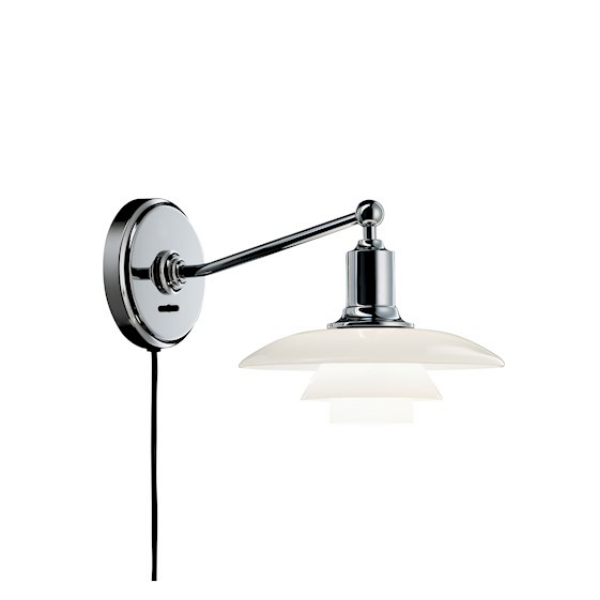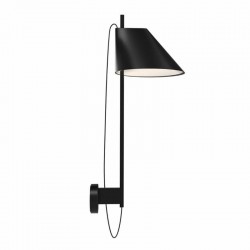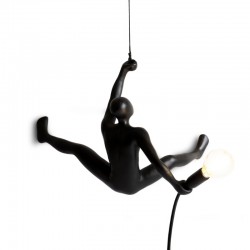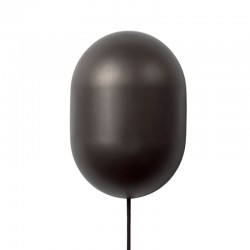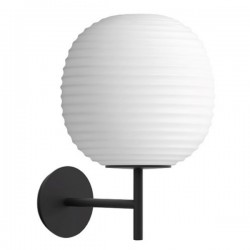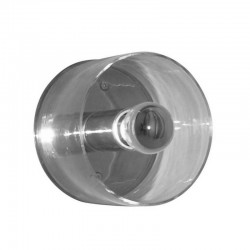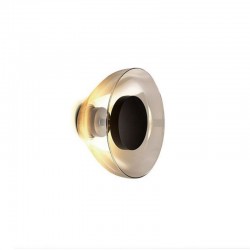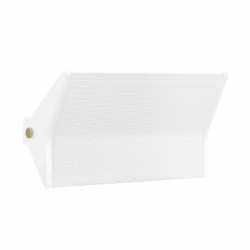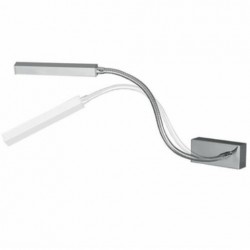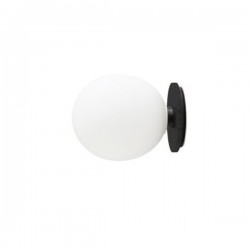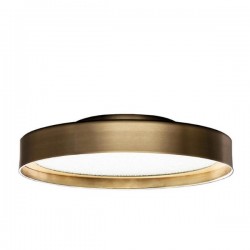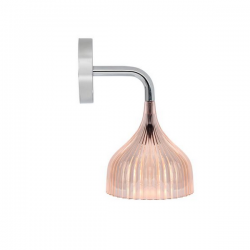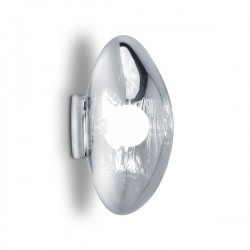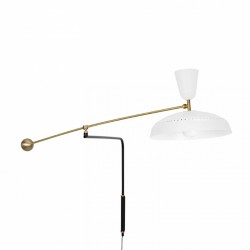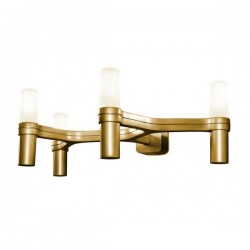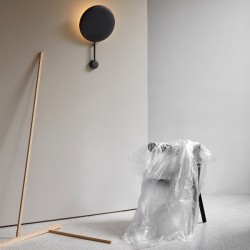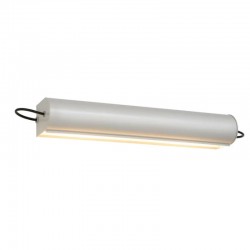Louis Poulsen PH 2/1 Wall Lamp
The fixture is designed based on the principle of a reflective three-shade system, which directs the majority of the light downwards. The shades are made of mouth-blown opal three-layer glass, which is shiny on the top and sandblasted matt on the inside, giving a soft and diffuse light distribution.
Can't find it! We can supply all products from Louis Poulsen, If you know what you are looking for and it is not yet featured, please send us a request
- Specifications
Finish:
White opal glass. High lustre chrome plated.
Material:
Shades: Mouth-blown white opal glass.
Wall box: High lustre chrome plated, spun brass.
Suspension: High lustre chrome plated, spun aluminium.
Arm: High lustre chrome plated, brass.
Mounting:Cable length: 2.9m.
Light control: On wall plate.Light source 1 x 40w E 14
Class:Ingress protection IP20. Electric shock protection II w/o ground.
- Size Description
Height 13,5cm
Total width 29,6cm
-
Poul Henningsen
Poul Henningsen was born in Copenhagen by the famous Danish actress Agnes Henningsen. He never graduated as an architect, but studied at The Technical School at Frederiksberg, Denmark from 1911-14, and then at Technical College in Copenhagen from 1914-17. He started practicing traditional functionalistic architecture, but over the years his professional interests changed to focus mainly on lighting which is what he is most famous for. He also expanded his field of occupation into areas of writing, becoming a journalist and an author. For a short period at the beginning of WWII, he was the head architect of the Tivoli Gardens in Copenhagen. But like many other creative people, he was forced to flee Denmark during the German occupation but soon became a vital part of the Danish colony of artists living in Sweden.


 EUR
EUR


